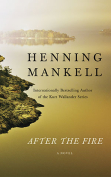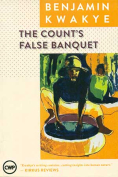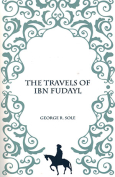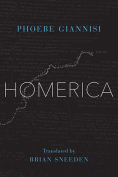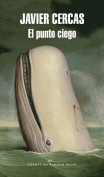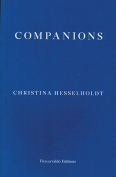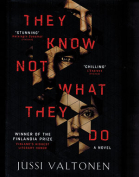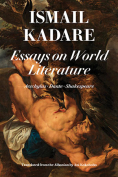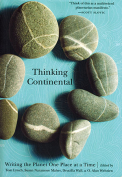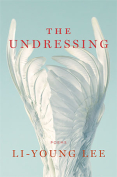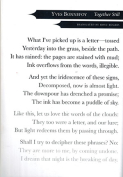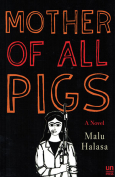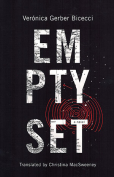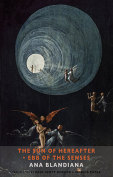After the Fire by Henning Mankell
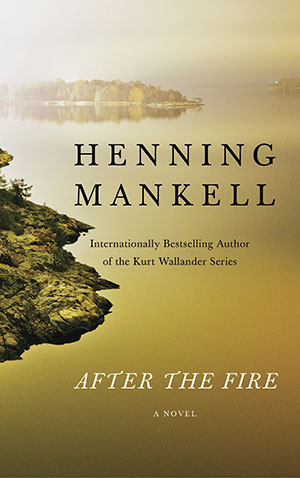 New York. Vintage Books. 2017. 401 pages.
New York. Vintage Books. 2017. 401 pages.
Switching between detective fiction (the Kurt Wallander series) and novels entailed risks for the late Henning Mankell. If a mystery remained at the center, detailed contexts and subplots could tax one’s patience (The Man from Beijing). If a crime investigation in a novel is backgrounded until late, it might seem a contrivance, to tighten the strings of a “loose, baggy monster.”
After the Fire is neither “loose” nor “baggy,” but an arson question is set aside while the plot develops the narrator’s relationships with a daughter, a journalist, the retired postman, and neighbors. Then, late—very late—he begins to investigate. Fredrik Welin is a loner, a retired doctor who grudgingly values other people. He hopes for a relationship with a woman, though his personality sets him against marriage. He tends to snoop and lie at times. He has a malicious streak, as when he considers telling his best friend, a hypochondriac, that he has an incurable disease.
He owns an island off the Swedish coast and takes a quick dip every morning, even when he has to cut a hole in the ice to do so. After fire destroys his house, Welin is troubled by the suspicion that he is suspected of starting it. Meanwhile, he lives in his daughter’s drafty caravan, looking forward to a spring rebuilding.
Although the novel is meant as a stand-alone, occurring eight years after the events in Italian Shoes, Welin is haunted by those events, requiring explanations. Most significantly, he thinks of Harriet, the woman he abandoned over thirty years ago, who came walking over the ice to his island and took him to meet the daughter he didn’t know he had. Harriet died; he now wants to become a good father.
As in the previous novel, After the Fire gives the feel of living in an island environment, especially during the winter. It focuses more attention on the locals, both in town and on the islands, climaxing in a town meeting. Their view is that the arsonist must be an outsider, presumably foreign. The reader of the Wallander series knows better: the country is “not as solid as they had thought.”
The novel ties up fairly well, given misgivings about the structure. There are loose ends, of course. A character in Firewall reflects, “Nothing is truly comprehensible.” While not as extreme, Mankell’s great strength lies in respecting the unassailable centers of human beings, hidden even when they try to explain themselves. He will be missed.
W. M. Hagen
Oklahoma Baptist University












